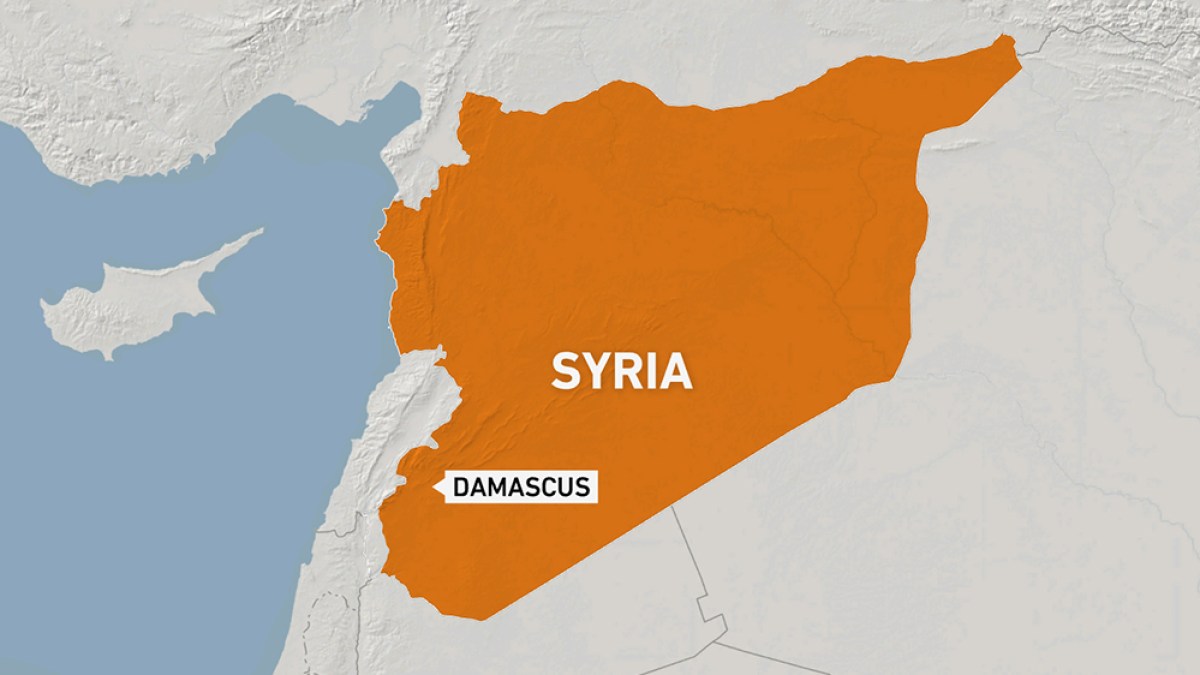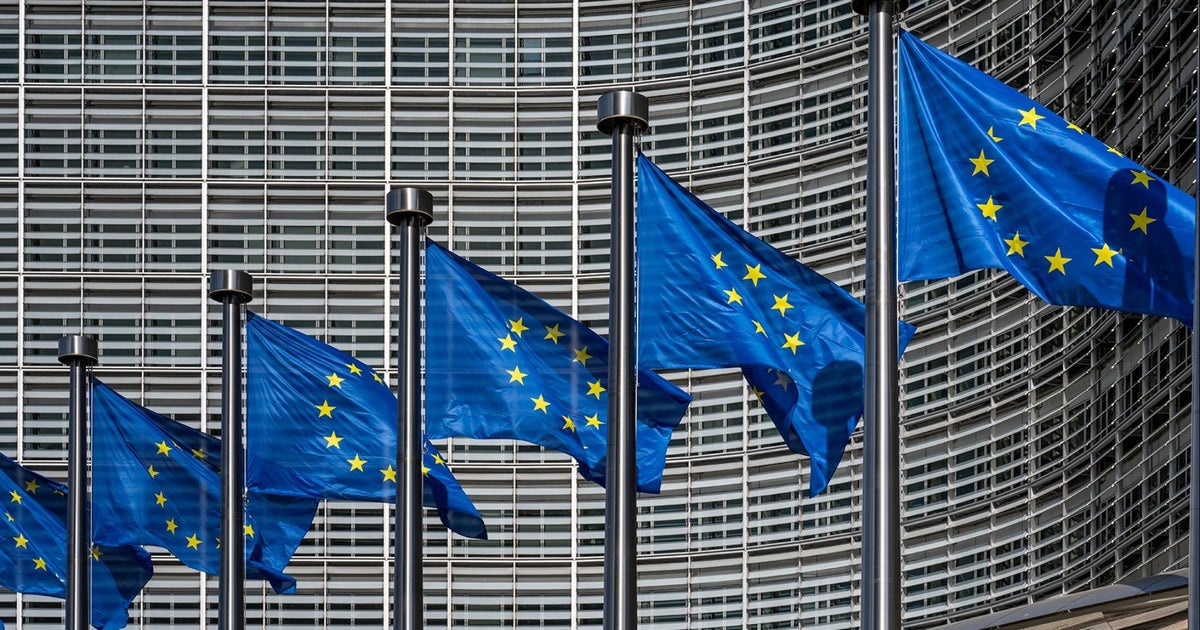Children make up almost four in 10 victims of trafficking worldwide, but the true number of youngsters caught up in the illegal practice is likely much higher, a senior UN official warned on Wednesday.
In a new report, Dr. Najat Maalla M'jid, who’s the Special Representative of the UN Secretary-General on violence against children,said that traffickers are quick to exploit technological advancements – and people in emergencies.
She said that children – mainly girls – are increasingly vulnerable, as poverty, food insecurity, humanitarian crises and conflict lead to displacement and violence, which are among the main drivers of illegal trafficking.
“Conviction for trafficking in children remain low and perpetrator continue to enjoy impunity, corruption, stigma, fear and the lack of protection limits children's ability to report and seek justice,” she told the Human Rights Council in Geneva.
Highly profitable crime
“As a result, trafficking in children remains a low cost and low risk, yet high profits crime, generating billions of dollars annually.”
Dr. Maalla M’jid warned that trafficking networks are growing alarmingly and are increasingly well organised.
She said that criminal ringleaders now use artificial intelligence to lower their overheads and reduce the likelihood of detection.
The senior UN official also noted that the demand for exploitative services involving children is increasing, from sexual exploitation, domestic slavery, child marriage, recruitment into armed groups, forced begging and criminal activities.
The UN Special Representative for children caught up in conflict, Virginia Gamba, told the Council that more than one in six children worldwide are living in conflict zones.
She called on all states to produce policies which allow every child to be shielded from harm so they can grow up in a peaceful environment.
Call for neurotechnology regulation, to stop brain ‘hacking’
Neurotechnologies have many potential benefits but they could also be used to hack into our innermost thoughts, perceptions, emotions and even memories, a top independent rights expert told the Human Rights Council on Wednesday.
Presenting her report to the Council, Ana Nougrères, Special Rapporteur on the Right to Privacy, underscored that neurotech devices may help scientists to understand, diagnose and develop new treatments for Alzheimer’s, schizophrenia, Parkinson’s, epilepsy, depression and anxiety.
‘Urgent regulatory response’
But rapid advances in these potent devices demand an “urgent regulatory response” that includes legal and ethical protections, she told Members States in Geneva.
Among the risks of misuse are harvesting people’s neurodata – highly personal information derived directly from the nervous system – for malign causes.
And although the capacity for harm resulting from these tools is limited now, they have the potential to alter brain activity and even artificially modify human beings, making them a great threat to human rights and the fundamental values of dignity, privacy, autonomy and agency, insisted the independent expert, who reports to the Council and is not a UN staff member.
Coercion risk
“Neurotechnology has the capacity to decode brain activity, allowing access to an individual's most intimate thoughts and emotions. Without proper safeguards, this could lead to unauthorized monitoring or even coercion,” said Ms. Nougrères, who is a practising lawyer and a Professor of Law, Privacy and Information Communication Technology from Uruguay.
“Governments, corporations, or malicious actors could exploit this access to influence personal behaviours and ideologies, fundamentally eroding personal autonomy and mental integrity,” she insisted.
The Special Rapporteur’s report also warns against “brainjacking”, urging states to introduce safeguards.
“Viruses could be introduced or internet-connected neural devices might make it possible for individuals or organizations - hackers, corporations or government agencies - to track or even manipulate an individual’s mental experience,” Ms. Nougrères warns.
“Despite the mental health benefits that neurotechnologies will bring, there is a fear that neurodata will not only allow us to know what people are thinking (which is not possible for now), but also to manipulate the human brain,” the report added.
Deep brain simulation
Deep brain stimulation (DBS) is a surgical procedure that involves implanting a brain pacemaker to send electrical impulses using electrodes to areas of the brain responsible for movement control.
The pacemaker is typically implanted under the skin, near the collarbone.
The electrical pulses then help regulate abnormal brain activity, which can alleviate symptoms of some neurological conditions and decrease the need for medication.
It is most commonly used to treat Parkinson’s Disease, essential tremor, epilepsy, OCD, treatment-resistant depression and Tourette’s syndrome.
Where next?
Latest news
Read the latest news stories:
- Surges in Violence in Haiti Push Basic Services to the Brink of Collapse Wednesday, March 12, 2025
- United Nations New Efficiency Initiative is Aiming for Structural Changes to Operations Wednesday, March 12, 2025
- Energy is a Catalyst for Peace Between Israel and Gaza Wednesday, March 12, 2025
- UN Chief Launches New Initiative as World Faces Growing Challenges Wednesday, March 12, 2025
- Gaza Counts Costs of Catastrophic Impacts of Israeli Bombardment on Healthcare Wednesday, March 12, 2025
- ‘Anxiety, paranoia, fear’: The consequences of digital violence against women Wednesday, March 12, 2025
- World News in Brief: Gaza aid ‘unravelling’, funding cuts in Ukraine, concern over Syria aid access, Duterte in ICC custody Wednesday, March 12, 2025
- Humanitarian system at breaking point as funding cuts force life-or-death choices Wednesday, March 12, 2025
- Human Rights Council: Significant increase in child victims of trafficking Wednesday, March 12, 2025
- UN launches gender equality plan: ‘We’re at a turning point’ Wednesday, March 12, 2025
Link to this page from your site/blog
Add the following HTML code to your page:
<p><a href="https://www.globalissues.org/news/2025/03/12/39317">Human Rights Council: Significant increase in child victims of trafficking</a>, <cite>Inter Press Service</cite>, Wednesday, March 12, 2025 (posted by Global Issues)</p>… to produce this:
Human Rights Council: Significant increase in child victims of trafficking, Inter Press Service, Wednesday, March 12, 2025 (posted by Global Issues)

 2 weeks ago
10
2 weeks ago
10










 English (US) ·
English (US) ·